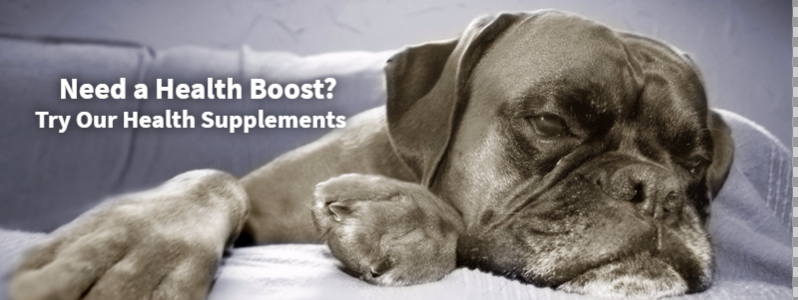Rhodiola Rosea Supplements and Bone Health
1st Sep 2019
Now is as good a time as any to start thinking about healthy bones.
If you have a list of health concerns, strengthening your bones probably isn’t very high. And to be honest about it, it is rather difficult to fret about bone health when there are other health considerations like blood sugar levels, high cholesterol and high blood pressure to worry about. The threat of a heart attack or diabetes is certainly more concerning than the health of your bones.
Face it, as you age, your granddaughter's Christmas list is shorter than your list of health concerns. And while conditions such as cancer and heart disease are high on your list, bone health is near the bottom. We think that should move up on your list.
The reason is that we pass our peak bone mass early in life. In your mid-20’s, you begin to lose bone mass faster than the body can rebuild it. At this rate, net bone loss can start to occur by the age of 30. For some, bone loss starts at an even earlier age.
Were you aware that one in four men and one in two women will suffer a fracture in their lifetime due to osteoporosis? A broken bone at any age is bad but even worse for the elderly. A broken bone in your 40’s or 50’s means six weeks in a cast and crutches. A broken hip for those over the age of 65 could mean much worse. If you break your hip after the age of 65, you will be five times more likely to die within the next year than your peers with healthy hips.
There is no denying it; when you get older, your bones lose their density and become thinner. Over time, you become prone to injury. There is good news. There are several ways you can maintain healthy bones.
Ameriden International, your source for Rhodiola Rosea supplements, offers these tips for healthy bones.
Exercise
There are certain types of exercises that will help you build and maintain strong bones. One of the best things you can do for strong bones is weight-bearing exercises. Brisk walking, yoga, dancing and golf are just a few weight-bearing exercises that will help keep your bones strong.
Lots of Protein
About half of bone is made up of protein. Research shows that calcium absorption decreases when there is low protein intake. The same study showed that a higher protein intake was directly linked to higher bone density and a lower risk of fractures.
High-Calcium Foods
Calcium is critical for good bone health. Old bone cells are constantly being broken down and replaced by new ones. It is very important that you get enough calcium in your diet for this process to properly occur.
Vitamins D and K
If you desire strong bones, it is critical that you get plenty of vitamins D and K. Vitamin D plays an important role in good bone health. Studies show that children and adults who suffer low levels of vitamin D are at a higher risk of bone loss and have lower bone density than their peers who get ample amounts of the vitamin.
Vitamin D deficiency is quite common and it affects about a billion people worldwide. If you are failing at getting enough vitamin D through sunlight and diet, you should seriously consider taking a supplement.
Vitamin K is an essential nutrient that works with calcium to help build strong bones. People with higher blood levels of vitamin K have higher bone density and people with low levels of vitamin K are more likely to suffer from osteoporosis.
Bad Diets
Perhaps you are one of the millions of Americans who are currently on a diet. While admirable, just remember that some diets are actually unhealthy. If you are on a diet that limits your calorie intake to fewer than 1,000 per day, it could be bad for your bones.
Studies show that diets providing fewer than 1,000 calories a day can lower your bone density. There was one study in which obese women consumed only 925 calories a day. They lost weight, but they also suffered a significant loss of bone density.
In order to maintain healthy bones, your diet should allow for at least 1,200 calories per day.
Healthy Weight
In order to maintain healthy bones, you should have a healthy diet and maintain a healthy weight. Did you know that it is just as unhealthy for your bones being underweight as it is being overweight? Low body weight is one of the main factors in low bone density and bone loss.
Studies show that being overweight can impair bone quality and it will certainly increase the risk of a fracture due to the stress that comes with excess weight.
There are also studies that show repeated weight gain and weight loss harms bone health. A cycle of weight gain and weight loss can lead to bone loss over the years.
Magnesium and Zinc
Calcium isn’t the only mineral critical for good bone health. Other minerals play a role in good bone health including magnesium and zinc. One study showed that women who consumed 400 mg of magnesium each day had two to three percent higher bone density than women who consumed half that amount.
Zinc is a trace mineral that promotes the formation of cells that build bones and prevents the breakdown of bone.
Work towards healthy bones and purchase health supplements from Ameriden and become a happier, healthier you.


